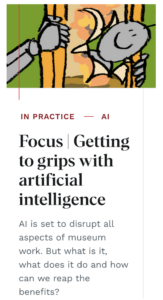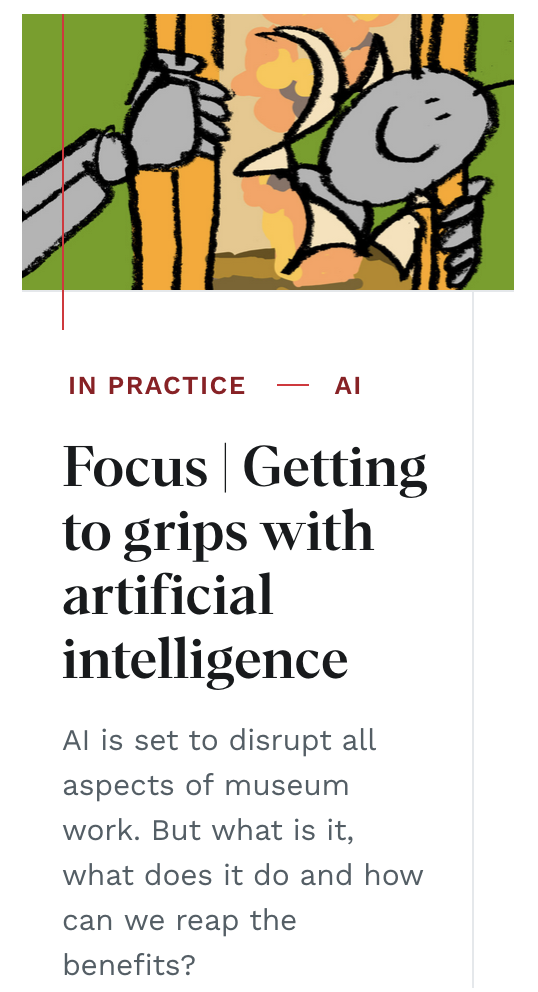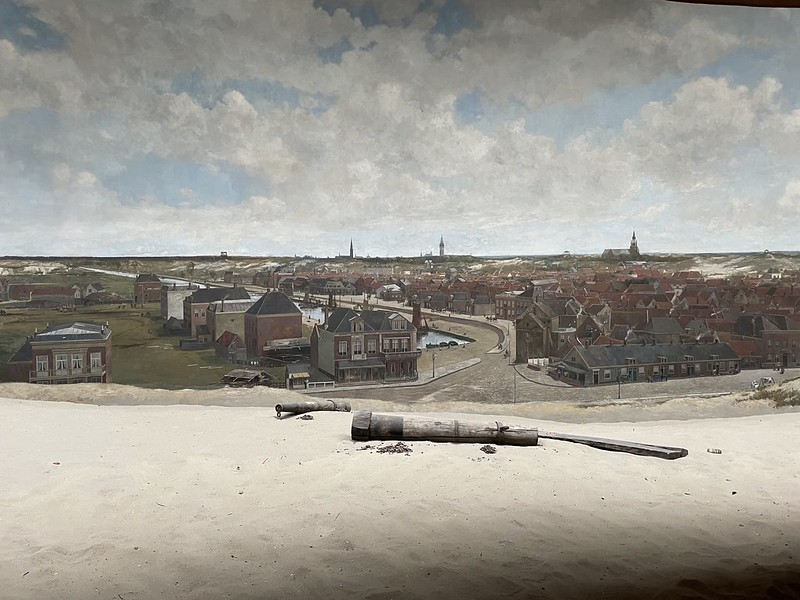January began with a bang, with the publication of a collaboratively-written book by Cambridge University Press's Elements in Historical Theory and Practice. Collaborative Historical Research in the Age of Big Data: Lessons from an Interdisciplinary Project by Ruth Ahnert, Emma Griffin, Mia Ridge and Giorgia Tolfo.
In February I had a chapter, Scaffolding Collaboration: Workshop Designs for Digital Humanities Projects by me and Eileen J. Manchester in Digital Humanities Workshops: Lessons Learned, edited by Laura Estill, Jennifer Guiliano, another open access publication. I was also invited to India to do a keynote on libraries, AI and machine learning at the Library Technology Conclave 2023.
In April I was invited to give a lecture at the Hong Kong University of Science and Technology Library, School of Humanities & Social Science, and spoke on Facing the Future: Machine Learning and AI in Libraries, Archives and Museums. My abstract: 'Every week brings a new headline about AI, or ‘artificial intelligence’. Major search engines and social networks are competing to integrate AI, despite serious concerns about inaccurate results from AI chat bots.
In the last year alone, significantly improved AI, machine learning (ML) and data science tools have changed how information is processed and generated. ML and data science methods have the potential to connect library collections, and to enable better discoverability and support innovative research. But libraries, archives and museums (GLAMs) face challenges in finding resources to meet AI-hyped expectations, and in implementing new forms of information provenance and digital preservation. How will changes in AI externally change expectations about GLAMs? And how can we build on what we already know about the role of technologies in cultural organisations to think strategically about integrating AI into GLAM wor
I also wrote a position paper ahead of the Collections as Data Summit in Vancouver: Toddlers to teenagers: AI and libraries in 2023.
In May I put together a workshop on 'AI and historical newspapers' with Beth Gaskell and the Living with Machines team.
In June I chaired a session on 'ChatGPT, AI, and the future' in a packed tent at the British Academy's Summer Showcase with Tim Gordon (Co-founder, Best Practice AI) and Hetan Shah (CEO, British Academy).
I was at DH2023 in Graz in July, speaking on 'Challenges, opportunities, and recommendations for the future of crowdsourcing in cultural heritage: a White Paper' with Meghan Ferriter and Sam Blickhan. Our session was 'Engaging the public'.
In August I took part (remotely) in the CAS 2023 Summer Symposium on Harry Shearer's "Le Show" at Penn State University. I've blogged 'Resonating with different frequencies' – notes for a talk on the Le Show archive. My slides for 'Resonating with different frequencies… Thoughts on public humanities through crowdsourcing in a ChatGPT world' are online at Zenodo.
In September I gave a keynote, 'Hype and hope: machine learning, AI and special collections', for CILIP's Rare Books and Special Collections Group's 2023 'Old Hands, New Ideas' conference.
I was on a panel on what's 'needed for public sector organisations to make text data more accessible for analysis' at DataConnect23. I also blogged, asking Is 'clicks to curiosity triggered' a good metric for GLAM collections online?.
In October I was in Den Haag to give the opening keynote at EuropeanaTech's 2023 conference, and took part in a panel on Keeping pace with technology: A discussion on copyright and AI .
I also spoke at the Open and Engaged conference at the British Library.
In November I spoke at events in London, including CILIP's Libraries Rewired event, discussing lessons in implementing AI in libraries from Living with Machines and travelled to Vancouver to do a solo paper and two workshops for the Fantastic Futures conference. My blog post about the conference is Fantastic Futures 2023 – AI4LAM in Vancouver.
The video of my talk at FF2023 is online: 'What can GLAMs learn from 'Living with Machines?'.
I also blogged about 'Finding Digital Heritage / GLAM tech / Digital Humanities jobs / staff'.
Forthcoming: a chapter 'The Minimum Research Outcome: A Mechanism for Generating and Managing Projects in Labs' with Giorgia Tolfo, Emma Griffin, Mia Ridge, Ruth Ahnert and Kaspar Beelen in Digital Humanities and Laboratories: Perspectives on Knowledge, Infrastructure and Culture.
I'm also working on a chapter on 'accidents involving machinery' for Living with Machines' final collaborative book. This will bring together our work on crowdsourcing, data processing and analytics, visualisation and natural language processing (NLP).


